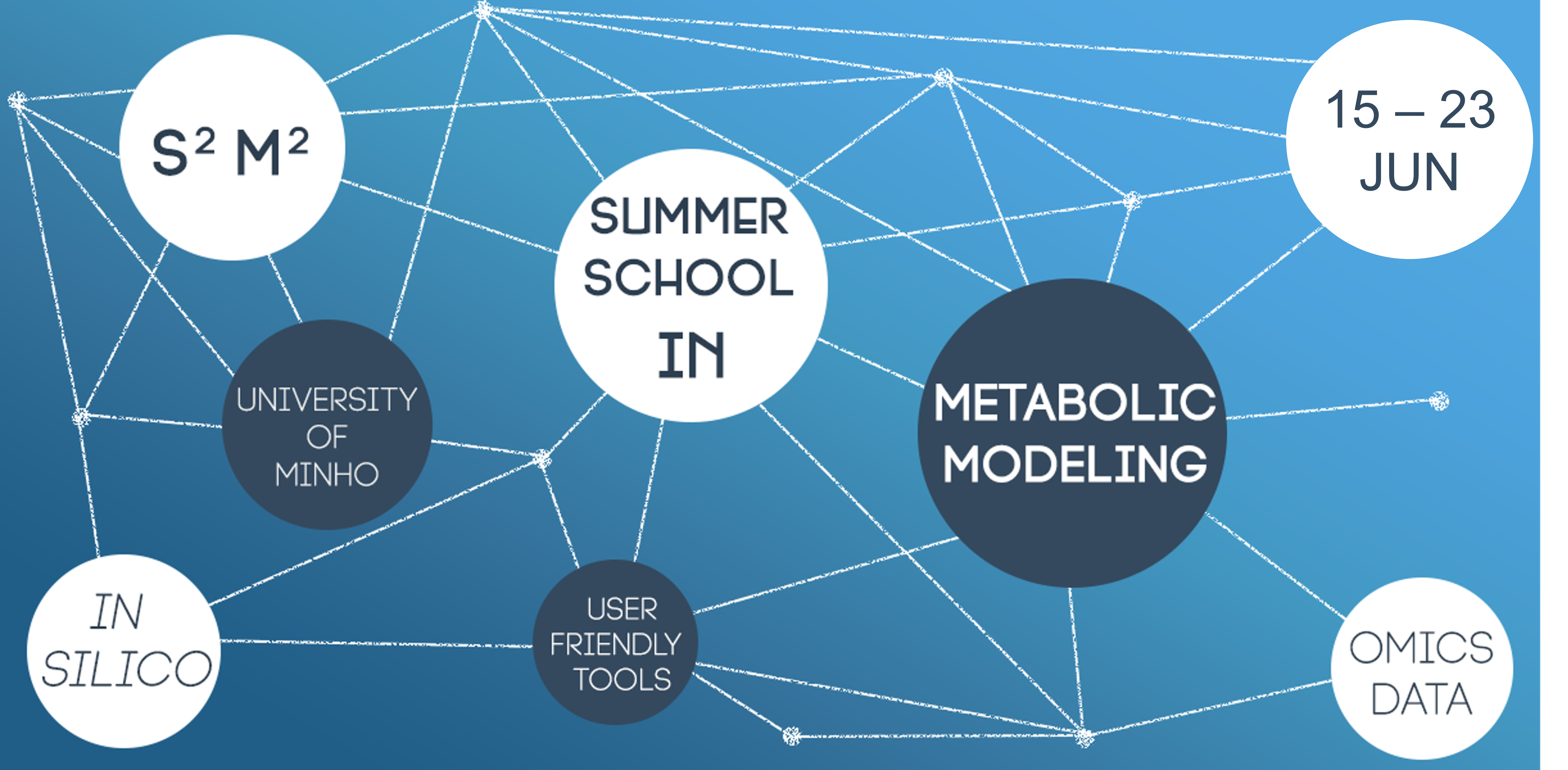The course will introduce state-of-the-art metabolic modelling covering the full process from
model reconstruction to phenotype predictions and analysis.
The course will focus on metabolic model reconstruction, phenotype simulation,
integration with omics data and strain optimization,
including both unicellular microbes and more complex organisms, such as plants and humans.
Applications include metabolic engineering, plant and health sciences.
The course will last 8 days (with a free day in the middle).
Each day will be divided into a theoretical morning session and practical afternoon sessions, also featuring a social program.
The morning lectures will be guided by an expert in the field that will present background information, key concepts, algorithms and computational tools.
Afternoon sessions will be dedicated to extensive in silico practical work.
Most days will close with a talk reflecting the different applications of metabolic modeling, both in academy and industry.
Participants will have some time to prepare their own projects, to be presented in the final session.
The course will focus on the use of both user-friendly software tools and python-based tools (using Jupyter Notebooks).
Hence, whilst no programming skills are required, an optional session is included
in the first day covering a simple introduction to python.
This session may be needed for the ones less familiar with python-based tools.
The course faculty have expertise in metabolic model reconstruction,
constrained based modelling, strain optimization, and omics data integration.











